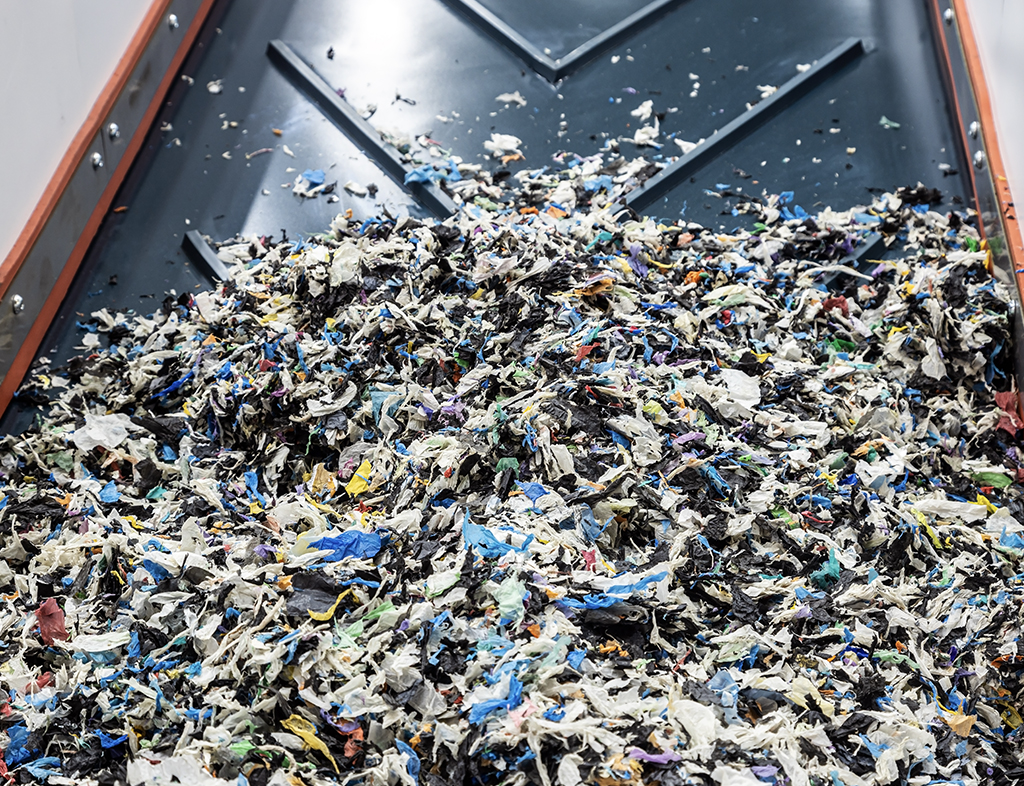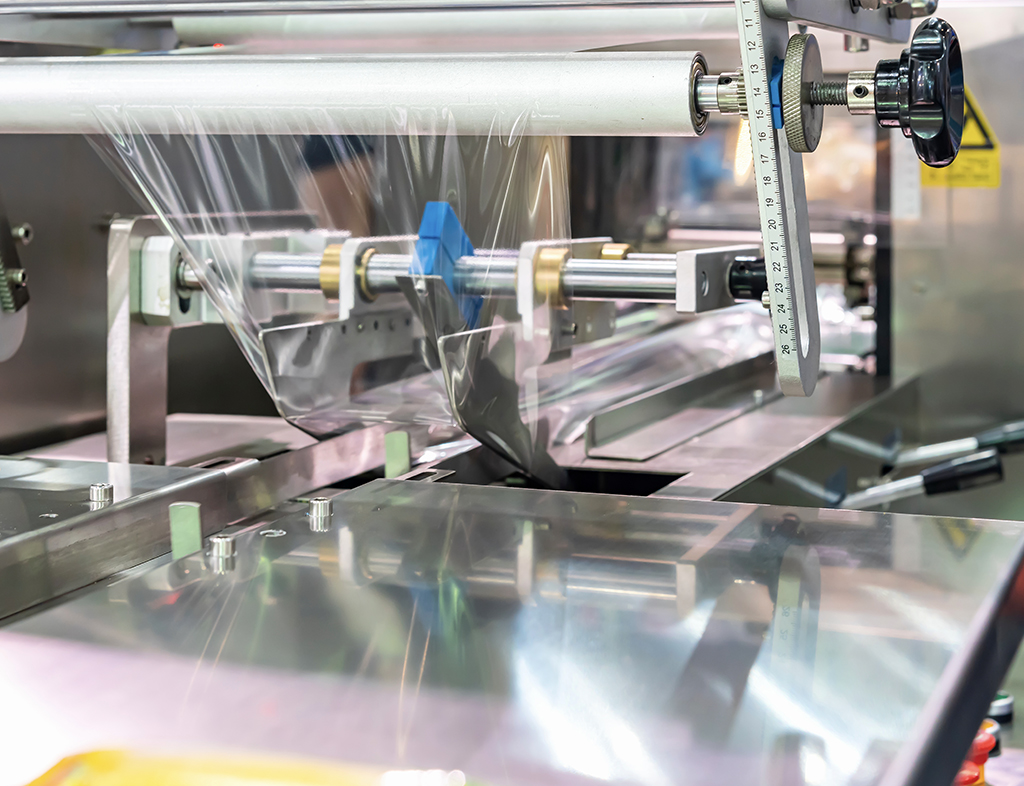The Move Away from PVC Films
Convenience foods have been a major standout in the food industry for many years, as they provide busy consumers with fast and easy meals requiring little to no preparation. According to an insights study published by Statista, the market shows little sign of abating, with an expected annual growth rate of 6.76%.
The continuing development of packaging solutions, such as film overwrap trays, has played a role in driving market growth by allowing the grouping of foods traditionally sold loose and providing the necessary protection for on-shelf presentation. From product preservation and reduced food waste to protection from physical damage and contamination, cling films offer a variety of benefits for fresh produce, including:
- Maintaining freshness
- Containing smell
- Extending shelf-life
- Protecting against contaminants and food allergy concerns caused by handling and touching
- Maintaining flavour integrity
For many years, polyvinyl chloride (PVC) film has been the material of choice for such applications, providing the flexibility, strength, and clarity to pack many different fresh items. However, as the demand for sustainable packaging continues to grow and legislation is moving toward requiring recyclability at scale, the inability to widely recycle PVC with other polymers presents a challenge. For example, the current proposal of the Packaging and Packaging Waste Regulation from the European Commission, which is now under review, proposes a requirement to allow only packaging designed for recyclability by 2030.
As a result of these developments, food companies are looking for alternative materials that can offer the same benefits as PVC while demonstrating an improved environmental profile.
The Challenges of Recycling PVC

To avoid downgrading the quality of curbside and front of store waste streams, PVC would require a dedicated collection waste stream. However, there is limited collection and sorting infrastructure for PVC films in European markets. Employing a PE film for overwrapped trays would provide a more consistent supply of used film for recycling.
The Challenge of Developing a PE Film Solution for Fresh Food
Alongside the presentation and protection benefits of plastic film, PVC offers various benefits that make it the current preferred material for stretch film applications, including:
- A uniform stretch that enables it to handle products of all shapes and sizes
- Good clarity with no marks or blemishes for on-shelf presentation
- An ability to be handled numerous times without leaving finger dents in the film
Any alternative film must be able to replicate the benefits of PVC and ensure compatibility with existing wrapping machinery to help manufacturers avoid undertaking additional investments.
Developing a PE Film Alternative

To support our food customers’ ambitious sustainability goals, we leveraged our knowledge and expertise of PE films to develop a lightweight alternative for hard-to-recycle PVC films that can be recycled within existing recycling facilities. While the fundamental properties of impact resistance and clarity were already inherent in the material, we applied our technical expertise to create a solution that is comparable to other key properties of PVC, such as stretching behaviour and elastic recovery.
Omni™ Xtra+

In addition to these benefits, Omni Xtra+ film promotes a more sustainable profile than that of PVC, as it follows retailer and emerging legislative requirements by being recyclable with European curbside and front of store PE waste streams. The film also represents a significant reduction in material usage compared to PVC, offering a weight reduction of over 25% in terms of density. Equally important, Omni Xtra+ film’s improved mechanical properties enable the production of a thinner overall film than PVC while maintaining its strength and resistance to puncturing.
Conclusion
While PVC remains an excellent film for fresh food applications, increased focus on sustainable packaging solutions requires a PVC film alternative. Omni Xtra+ provides a recyclable alternative that combines the performance characteristics of PVC with PE’s strong puncture resistance, offering a game-changing innovation for the fresh food industry.
References
Precedence Research. (2023, May 8). Sustainable Packaging Market Size is Expanding at USD 211.51 BN by 2032. [Press Release].
https://www.globenewswire.com/en/news-release/2023/05/08/2663328/0/en/Sustainable-Packaging-Market-Size-is-Expanding-at-USD-211-51-BN-by-2032.html
Statista. (2023, November). Convenience Food – Worldwide. Statista.com.
Convenience Food - Worldwide | Statista Market Forecast